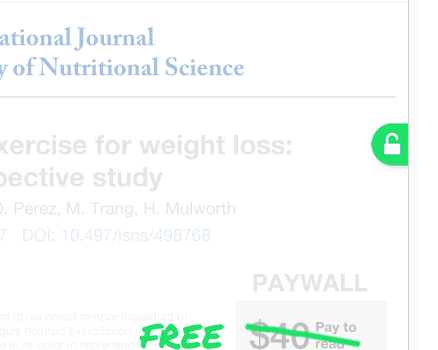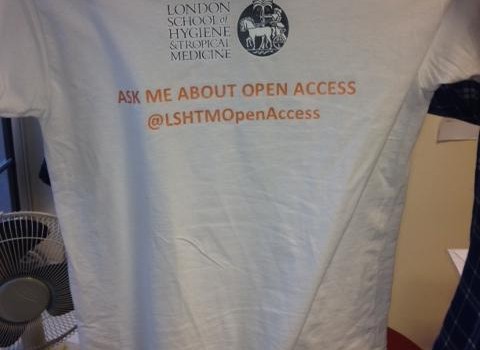 From today (October 1 2014), the Charity Open Access Fund (COAF) provides the School with money to cover the cost of article processing charges (APCs) for peer reviewed research, funded wholly or partly by one or more of these UK medical research charities:
From today (October 1 2014), the Charity Open Access Fund (COAF) provides the School with money to cover the cost of article processing charges (APCs) for peer reviewed research, funded wholly or partly by one or more of these UK medical research charities:
- Arthritis Research UK
- Breast Cancer Campaign
- British Heart Foundation
- Cancer Research UK
- Leukaemia & Lymphoma Research
- Wellcome Trust (including WELMEC)
COAF has been established for an initial two-year pilot period, beginning today (
1 October 2014). The Wellcome Trust will administer COAF on behalf of the partners for the pilot phase. The partners hope that other Association of Medical Research Charities members will join the Fund over time.
COAF funds may only be used to pay open access article processing charges, not to cover other charges that some journals may levy, such as page and colour charges. Where these apply, researchers must use other funds to meet these costs.
Read more










